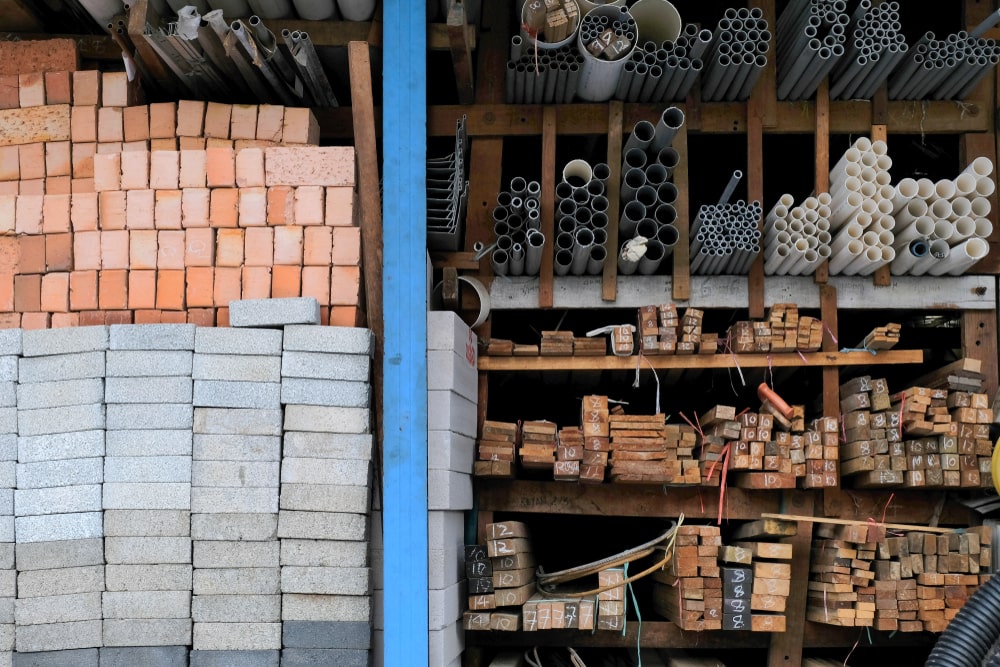Sector - Supply Chain
Latest CPA forecast predicts trouble ahead

The Construction Products Association (CPA) has released its latest quarterly forecast, which shows that while activity is currently strong in the construction sector, it predicts a dramatic slowing in growth due to the current global issues.
While a predicted 2.8% growth in construction output would normally be cause for increased confidence in the market, this figure is a sharp revision down from the 4.3% growth forecast just three months ago.
Demand remains strong across the industry in Q2, and the current project pipeline suggests that this will support activity levels until at least 2022 Q3. However, concerns around price pressures and materials access is leading to worries.
Prior to the conflict in Ukraine, UK construction was already facing labour and product availability issues and the impact of reverse charge VAT and IR35. Rising energy costs were driving near-record price increases in construction products and the continued conflict is exacerbating this issue.
The CPA says that the impact of these pressures, as well as that of more general rising costs, on demand will vary considerably by sector.
Private housing, the largest construction sector, remains strong, with housebuilders reporting resilient demand. Longer term, there must be questions over consumer confidence but output in this sector is forecast to rise by 1% in both 2022 and 2023. This contrasts with the 3% per year growth forecast three months ago.
The fastest growth is expected in the industrial sector, in which output is forecast to rise by 9.8% in 2022 and 9.3% in 2023, due to a strong pipeline of warehouse projects, resulting from a long-term shift towards online shopping.
Infrastructure, traditionally less affected by immediate economic conditions, remains positive. Large projects such as HS2, Thames Tideway and Hinkley Point C combined with the five-year spending plans sectors such as rail, road and power generation point to a forecasted growth of 8.8% in 2022 and 4.6% in 2023.
On the supply side, the main immediate impact of the war in Ukraine for construction products will be the knock-on from rising energy prices and commodity shortages. Soaring energy costs will have to be passed on and lead to sharp rises in the cost of energy-intensive products. This will affect both imported products such as aluminium and steel and locally sourced products such as bricks and cement.
Contractors are likely to feel the pressure first, particularly those working to fixed-price contracts. For future projects, contractors will be forced to re-price, add fluctuation costs and introduce risk-sharing arrangements to deal with the uncertainty over potential cost inflation.
Noble Francis, CPA Economics Director, said: “The major challenge is creeping uncertainty. The immediate picture is one of resilient demand and healthy pipelines. Longer term, the current inflationary pressures, if sustained, will have an increasingly depressing impact, while the continuation, or potential escalation, of conflict in Europe presents an existential risk.”
If you would like to read more stories like this, then please click here
Related Articles
More Supply Chain News
- Flagship Ulster University capital build project procurement opportunity now live
9 Oct 25
Submit a tender now.
- Modular frameworks create a monumental opportunity for UK public sector construction
5 Sep 25
Modular Buildings 3, allows public sector organisations to access a verified list of modular construction
- New report sets out technology and research needed to reach net zero
3 Sep 25
A new government-backed report has outlined the research and technology priorities needed for the UK






